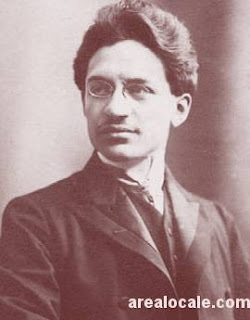Stravinsky Artistic Paradigm
STRAVINSKY ARTISTIC PARADIGM.
The three Postulates of Stravinsky's artistic premises in music.
Stravinsky's art viewpoint
How to connect deeply into a composers’ mind?
We find ourselves lacking in resources sometimes…the manuscript paper doesn’t seem to be enough to penetrate into a musicians’ vision. Just a glimpse of his or her connection to music definitively could guide us through our musical training, even as a piano and composition tutor I find challenging to help in the piano learning process and composition lessons to shed some light not only into the notes and study of the chords but to submerge ourselves into the root process of the musicians that inspire us the most
In this article, I try to provide the key to plunge ourselves into Igor Stravinsky’s artistic approach to music composition.
Igor Stravinsky was a Russian-born composer, conductor and pianist. I strongly believe that his main feature as an artist is that he never was afraid of change: he faced the consequences of his musical decisions boldly but at the same time, with secure and complete devotion towards his unique and innovative ideas.
His viewpoint of how the art piece should rest stands on three main ideas:
First, we have the Dogma, in which Stravinsky refers as "the need to prevail order over chaos, to highlight the straight line of our operation between the clutter and the confusion of possibilities and the indecision of ideas” Then, the
Revolution vs. Originality: he stated: “I approve audacity, I do not fix it, so, limits, but there are no limits to the errors of the arbitrary ... the revolution is one thing and the novelty is another.
And lastly, the Method: "Art is a way of doing technique by means of educated methods, services or by the invention, and the methods are the strict and safe ways that ensure the correctness of our operation". [...] if in that sense, we take the reason exclusively, we arrive at false conclusions, since it is the instinct that clarifies them. Instinct is infallible. "
We hope you enjoy the full article by clicking on the link aforementioned. This is the chapter 3 of the famous series of articles written by Gisela Paterno for WKMT London Music Blog. Check the previous two chapters about Aristotle and E. A. Poe.


Comments
Post a Comment